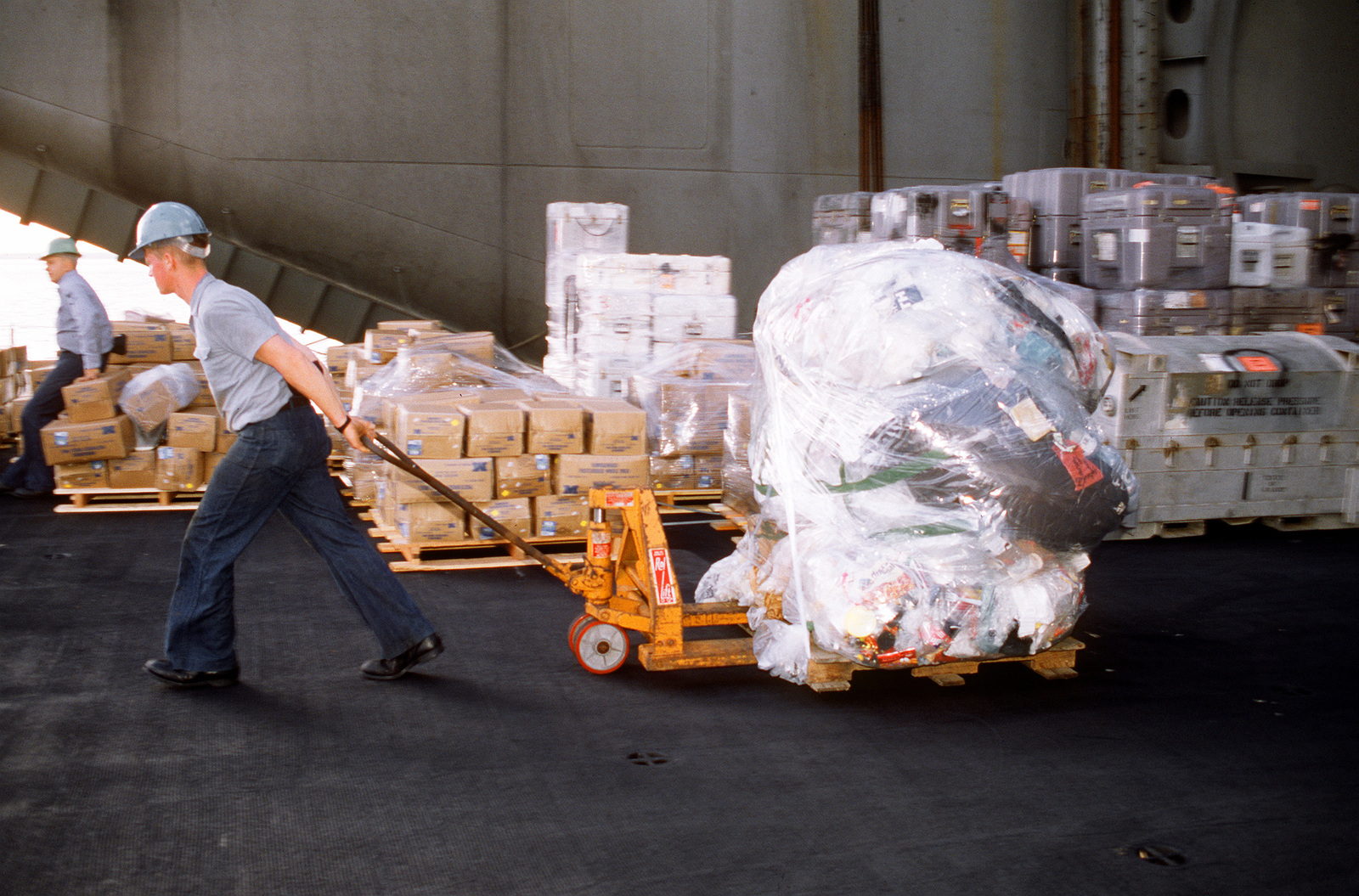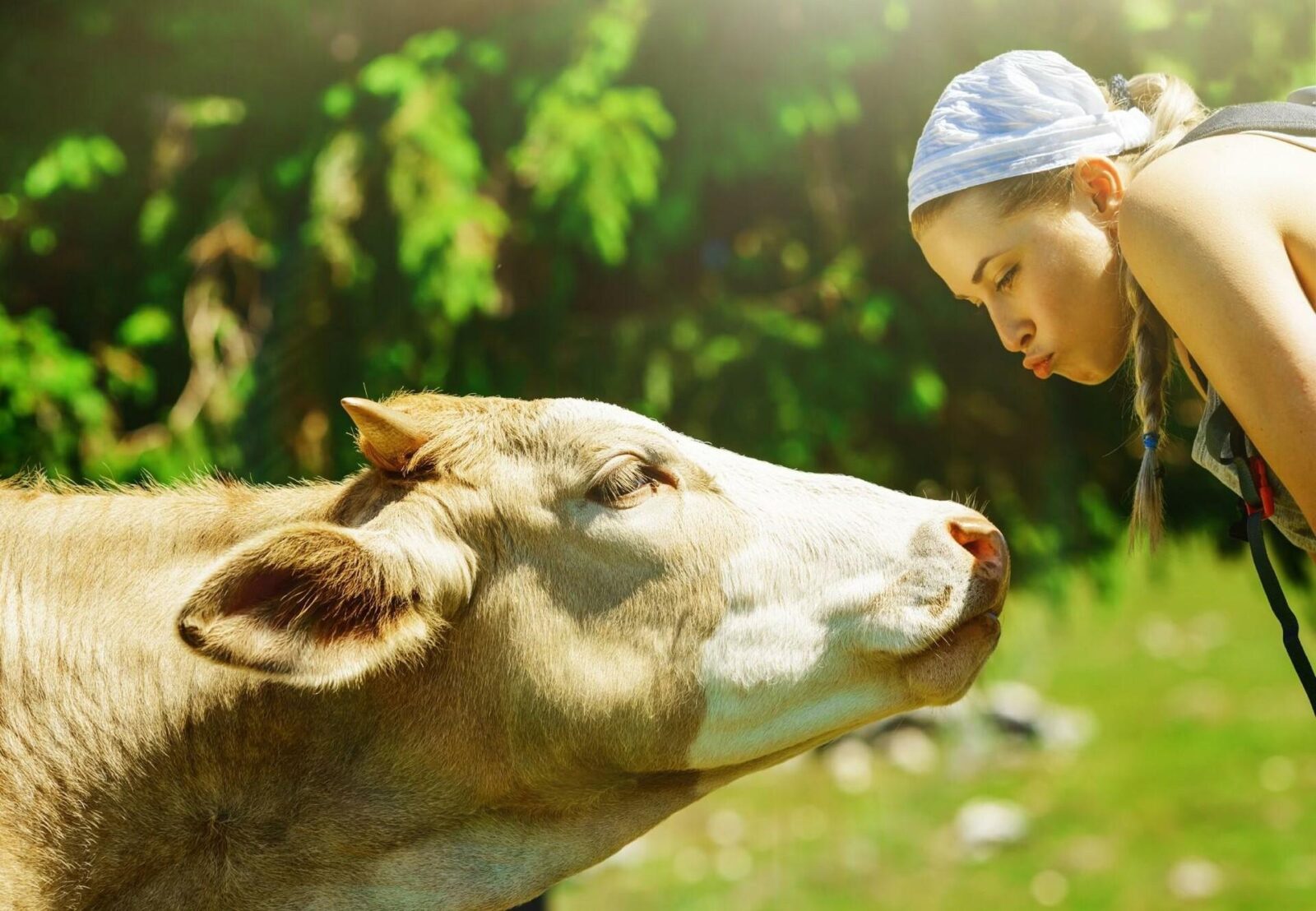Farmers across the United States are working hard to get their farms certified under various animal welfare programs. These programs are important because they help ensure that the animals on those farms are being treated humanely. There are a few different certifications available, and each one has its own set of standards that farming organizations like Hillandale Farms must meet in order to be certified. In this blog post, we will discuss the different animal welfare certifications available and what they mean for farmers.
What is Animal Welfare Certification?
Animal welfare certification is a set of standards that farmers must meet in order for their farms to be certified. These standards are based on research and experience, as well as the principles of animal ethics and stewardship. Some certifications focus on specific aspects of animal welfare such as the humane treatment of animals or organic farming practices, while others are more general, covering all aspects of animal welfare. The goal of these certifications is to improve the overall welfare of farm animals by ensuring that they are raised in humane conditions and given proper care and attention. In addition to improving the lives of animals, animal welfare certification can also benefit farmers by increasing their competitiveness in the marketplace and providing them with a marketing advantage.
UEP
One of the most widely known and accepted animal welfare certifications is United Egg Producers (UEP) certification. UEP certification focuses on humane practices in egg production, such as providing birds with sufficient space to move around freely and ensuring that they are provided with a nutritious diet. In order to be certified, farmers must comply with UEP’s standards for humane animal care.
American Humane
Another widely accepted certification program is the American Humane certification. This certification focuses on humane farming practices in all types of livestock production. Farmers must provide animals with ample space and ensure that they are provided with a nutritious diet. They must also follow humane handling procedures and ensure that the living conditions are safe and comfortable for the animals.
Global Organic Alliance
The Global Organic Alliance (GOA) offers an organic farming certification program. This certification ensures that farmers use sustainable methods of production, such as avoiding the use of synthetic fertilizers or pesticides, reducing soil erosion, conserving water, and limiting energy consumption on their farms. The GOA also requires farmers to follow animal welfare standards, such as providing adequate housing and nutrition for their animals.
Closing Thoughts
These are just a few of the many animal welfare certifications available to farmers in the United States. By getting certified under these programs, farmers can ensure that their farms are operating according to industry-standard practices for animal care and management. This certification also gives consumers peace of mind that the food they’re buying has been produced in a way that is focused on providing humane treatment to animals. The best part is that when you buy food from a farm with one of these certifications, you know that it was made with care and respect for both the environment and its inhabitants.
















